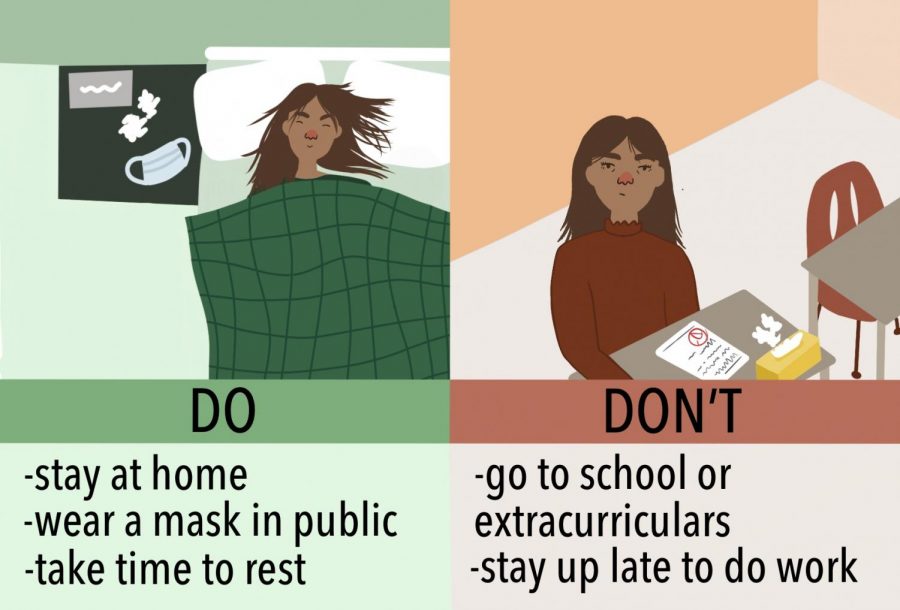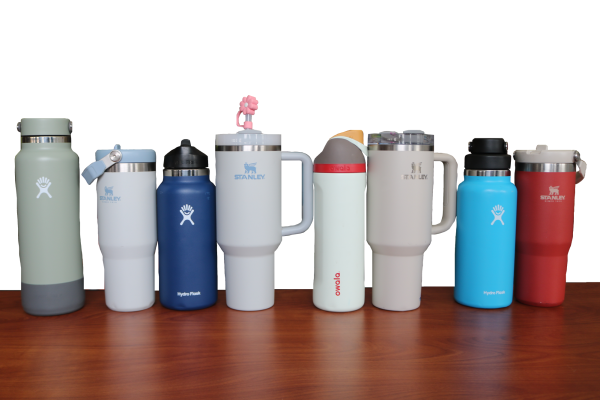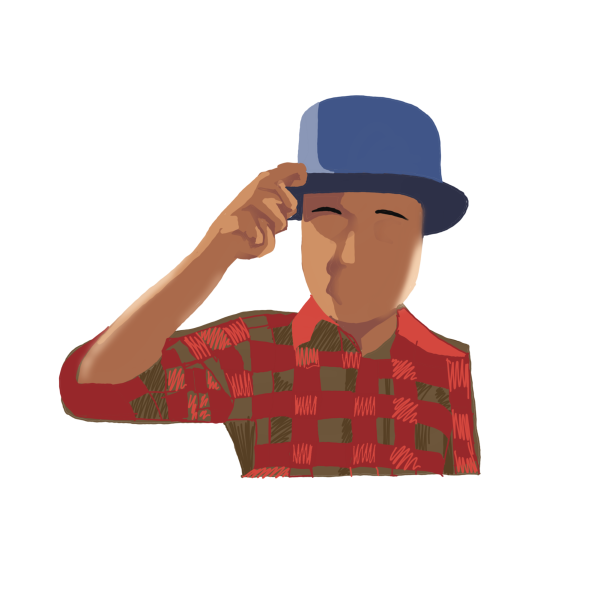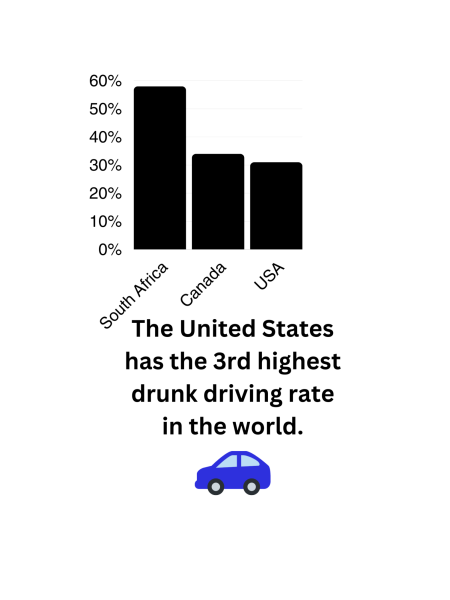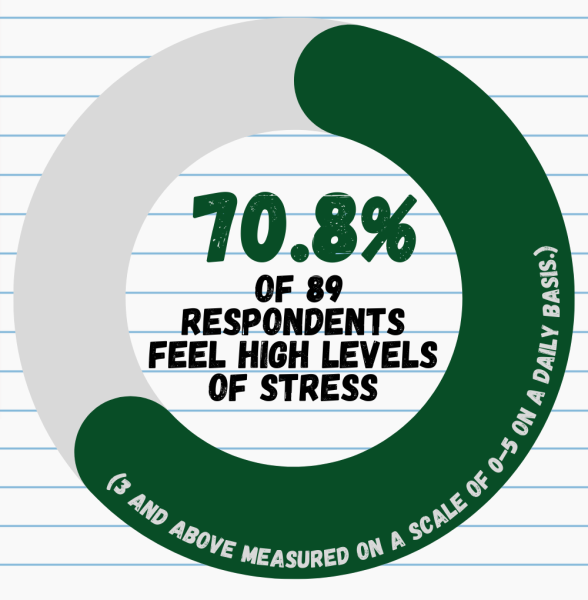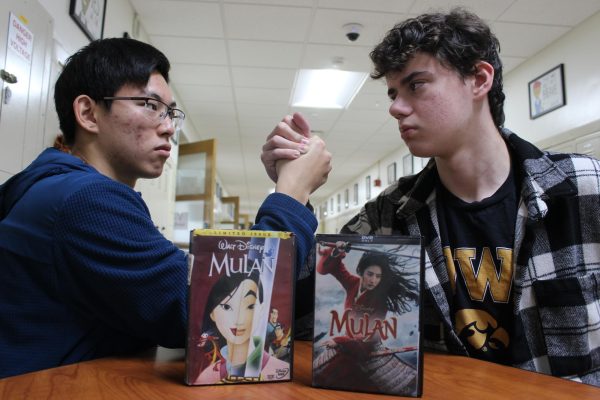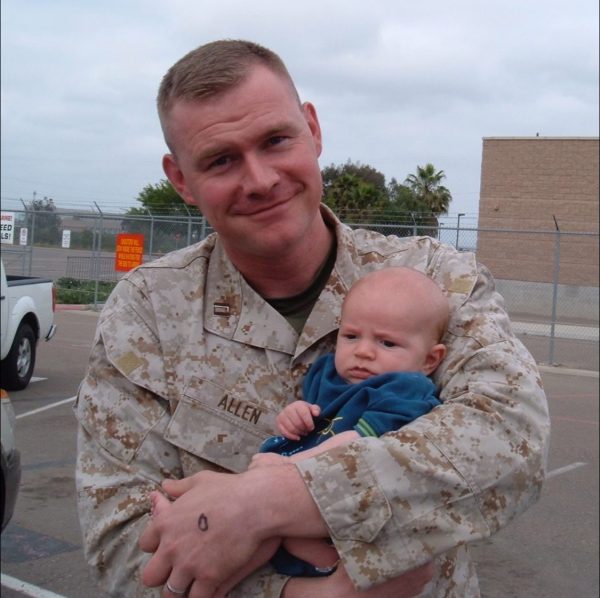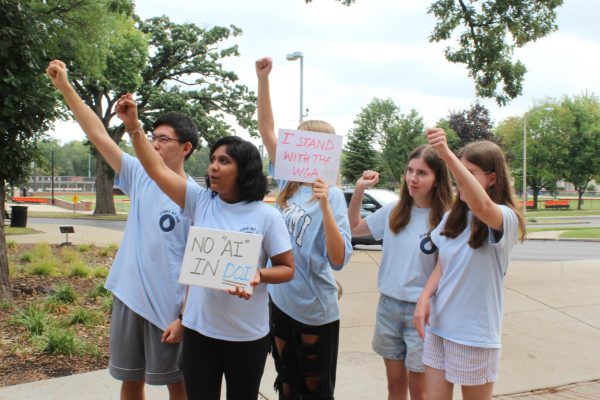Prioritize Public Health, Even After COVID-19
The pandemic has necessitated precautions to limit the spread of the COVID-19, and in general, people have responded. We wear masks when in public places, maintain social distancing and stay home if we’ve tested positive or are symptomatic. We follow these guidelines in the hope of keeping ourselves and our neighbors safe until a vaccine can be distributed and we no longer need these preventative measures, at which point we will return to the old normal.
But when we leave the pandemic in the past, we should remember the effect we can have on the spread of disease.
Before the pandemic, the practice of taking a day off when sick was rare. Instead, students walked the halls while ill, bringing their own box of tissues from class to class, drinking a gallon of water during the school day, sniffling and coughing all period long. We participated in sports and struggled to get enough sleep. We didn’t take time to rest, so we didn’t recover, instead spending weeks or months at a time feeling sick.
The worst part is how normalized it is. Before the pandemic, it never even occurred to me that spending a month sick every year was crazy; that was just the way things were. So I contributed to the problem. I spent multiple days last winter leaving every class twice — once to refill a water bottle and once to go to the bathroom — and a week afterwards dealing with a sore throat, without ever considering staying home. However, a few weeks later, I felt bad enough to leave school for a doctor after first period. With proper treatment — staying home, getting enough rest, and taking appropriate medicine — I was healthy after two days.
Beyond being the best way to recover from illness, staying home decreases the probability of passing disease on to others. Our efforts to mitigate the spread of COVID-19, in addition to decreasing the number of COVID-19 cases, have also cut down on the spread of the flu. Per a CDC study from September, there was a 98% decrease in influenza activity after COVID-19 restrictions were implemented, while the summer flu rate was at a historically low level this past summer.
This was no surprise. Cameron Traut, the LHS school nurse, explained that our current mitigation tactics are “pretty standard measures… for communicable diseases.” In addition to preventing COVID-19 spread, social distancing and wearing masks will decrease the spread of flus and colds. Ms. Traut also recommends “hand washing, covering your cough [and] coughing into your elbow” to decrease the chances of passing on a bug. These guidelines should be easy to follow.
But staying home is harder because students fear falling behind. One day’s worth of tests, classwork and homework is difficult enough to make up; two days or more is nearly impossible. For students to stay home, we need a way to ensure that we don’t miss out on material.
I implore administrators and teachers to find a way for remote learning for sick students to continue after COVID-19 restrictions are lifted. It shouldn’t be an expectation — sometimes you’re too sick to learn — but an option for students who would rather work through an online school day than miss class. Teachers, give us plenty of time to make up any missed assignments, and don’t make any makeup assignments more difficult or time-consuming. If you already accommodate absence due to illness as best you can, thank you.
Parents, don’t force us to go into school when we say we’re sick. Most importantly, students, please do what you can to avoid passing on your illness to anyone else. Stay home. Wear a mask. Distance yourself. Keep each other safe.
This pandemic has reminded us of the effects we can have on the spread of disease. When COVID-19 no longer towers over society and flu season approaches, let’s not forget.



